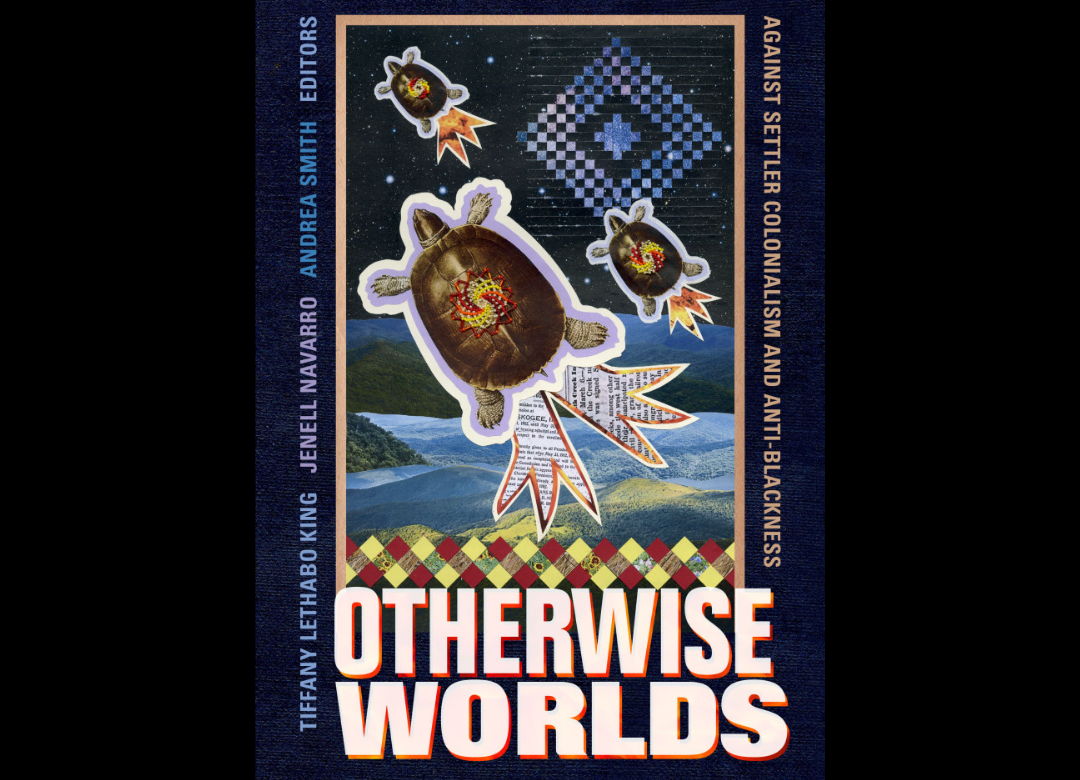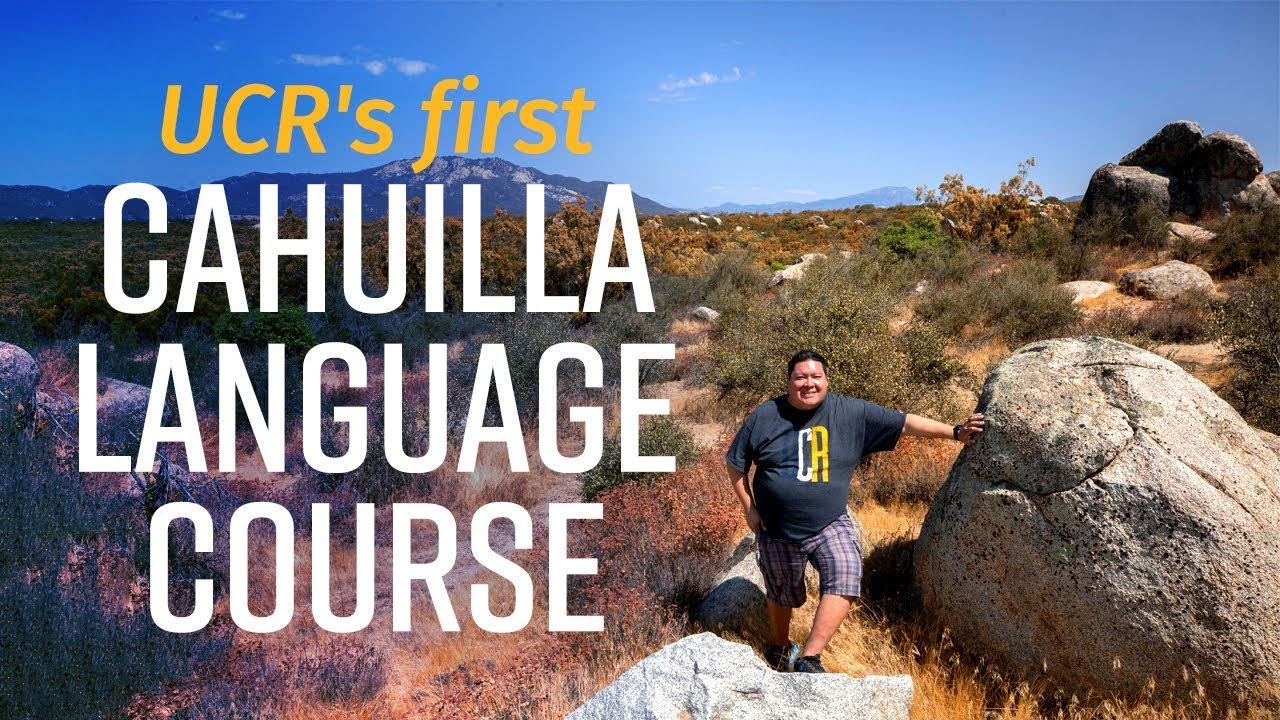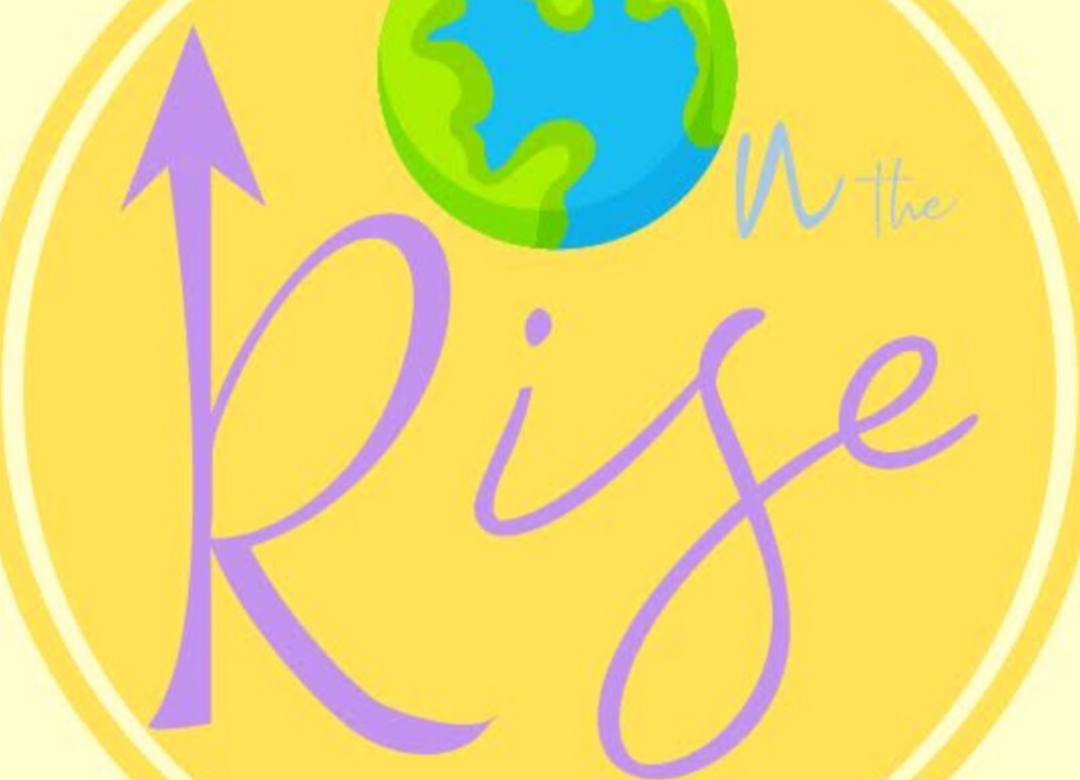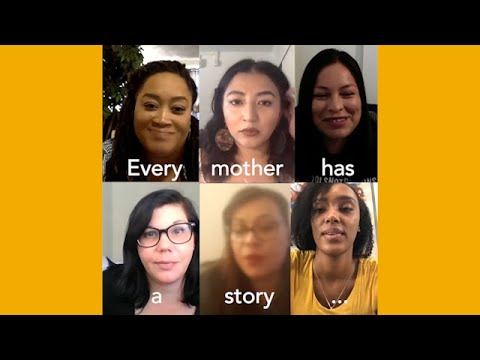Ethnic Studies PhD Candidate, Sneha George, reviewed the collection, Otherwise Worlds: Against Settler Colonialism and Anti-Blackness, for Ancillary Review of Books. Excerpt below:
Despite insurmountable conflict between Native and Black studies being the point of tension of this book, each section of this book is labeled as “Boundless” something. For example, the first section is labeled “Boundless Bodies.” The term boundless forces the reader to pause because you wonder: would insurmountability be an issue if we were truly boundless, if we could become boundless? For example, in the recent tensions between Asian Americans and Black people, would there be tension if Asian Americans were not bound to anti-Black and carceral practices such as linking public safety and police? More generally, would any of our liberatory strategies run into conflict if we were not bound to capitalism, carcerality, and the ideologies of white supremacy? How do we unbind ourselves? How do we explode the bindings that occludes collective liberation?
In the first portion of the book, “Boundless Bodies,” Frank B. Wilderson III, author of Afropessimism and Red, White & Black, and Tiffany Lethabo King, who recently wrote The Black Shoals: Offshore Formations of Black and Native Studies, engage in conversation to address the supposedly insurmountable tension between Native organizing and Black organizing. King lets readers know that this was a two part conversation. The first part was uncomfortable for King because she realized she was being “forced to contend with Wilderson’s change of mind and heart about the potential for the Native’s ‘grammar of suffering’ of genocide and the Black’s ‘grammar of suffering’ of fungibility to speak to one another.” Put differently, King was forced to realize that the practice of Native organizing, and the way it articulates itself, requires the suffering of Black people. It does so by using “sovereignty” and ownership of land as the definition of liberation. In Otherwise Worlds, Wilderson, along with Jared Sexton and Andrea Smith, problematize this stance as being fundamentally anti-Black. Wilderson, Sexton, and Smith state that sovereignty and ownership of land always presumes a hierarchy of being and a white-patriarchal understanding of property, ownership, and capital, all of which contribute to the ideologies that render Black people as non-Human.
King cut this conversation short to avoid this discomfort and tension, but she later reached out to Wilderson for a second discussion. The second conversation situates itself in this tension and continues the discussion. King and Wilderson have another enlightening conversation that offers no solutions, no prescriptive analysis on organizing for liberation, and causes the reader to have more questions than resolution. A sort of paradoxical boundlessness came in the moment King decided to continue the conversation past the tensions that came up at first. The paradoxical boundlessness is that, although the conversation did not find a resolution to the ways in which we are bound to insurmountable tensions, the conversation keeps moving, changing, adding on to itself despite the bindings—within the bindings. Perhaps more than the theories, perhaps even in spite of them, it is the practice of conversing, the creation of a relationship and connection with someone through these conversations that allows for the paradox of boundlessness to come to fruition.
Read the full review here.








